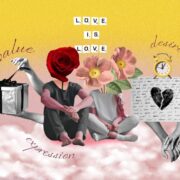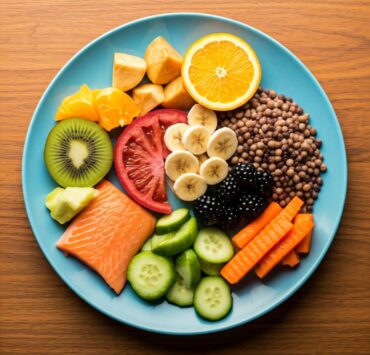Why Vice Ganda advocates for the mental health of breadwinners

There is no shame in seeking help and undergoing therapy.
Thus said comedian Vice Ganda, who admitted to having struggled with mental health issues while being the family breadwinner. She also pointed out that one’s mental health should be treated like physical health and must be addressed with the help of a professional.
The comedian said her role in the family comedy drama “And the Breadwinner is…” is one that hits close to home. It shows the struggles of Bambi Salvador, an overseas Filipino worker (OFW).
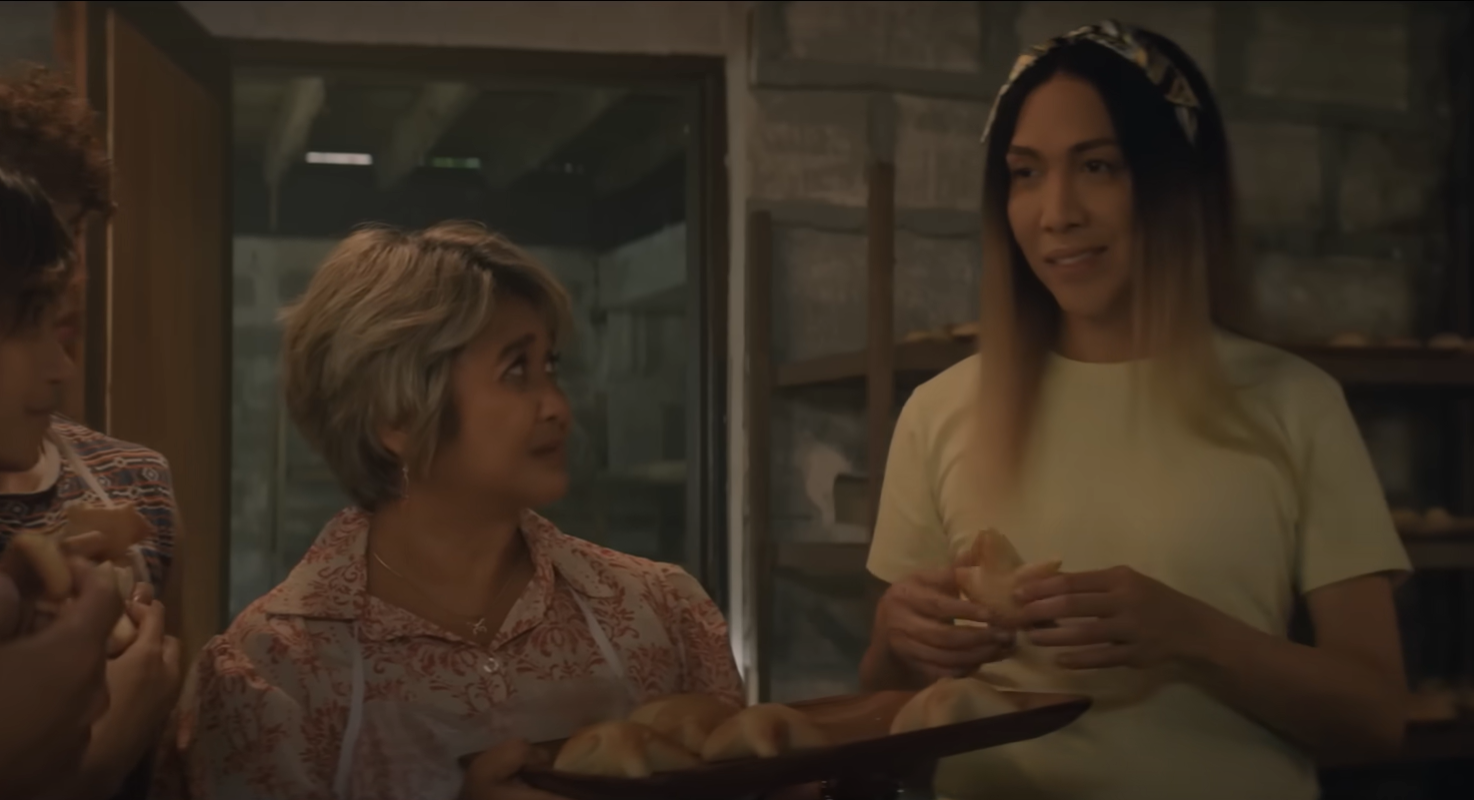
“It’s impossible not to experience mental health issues if you are a breadwinner. You carry the heavy burden of taking care of your family. You feel alone in this responsibility. Not all breadwinners have someone to talk with about what they are going through, and not all are ready to listen to them,” Vice told Lifestyle during a recent media gathering.
Dr. Sherryl Muli Abellanosa, a professional clinical psychologist, agrees. She explained that due to the pressure and responsibilities that breadwinners take on, they are very susceptible to stress and anxiety. “Breadwinners experience pressure not only in maintaining their families’ health stability, but their own stability at work as well,” she began.
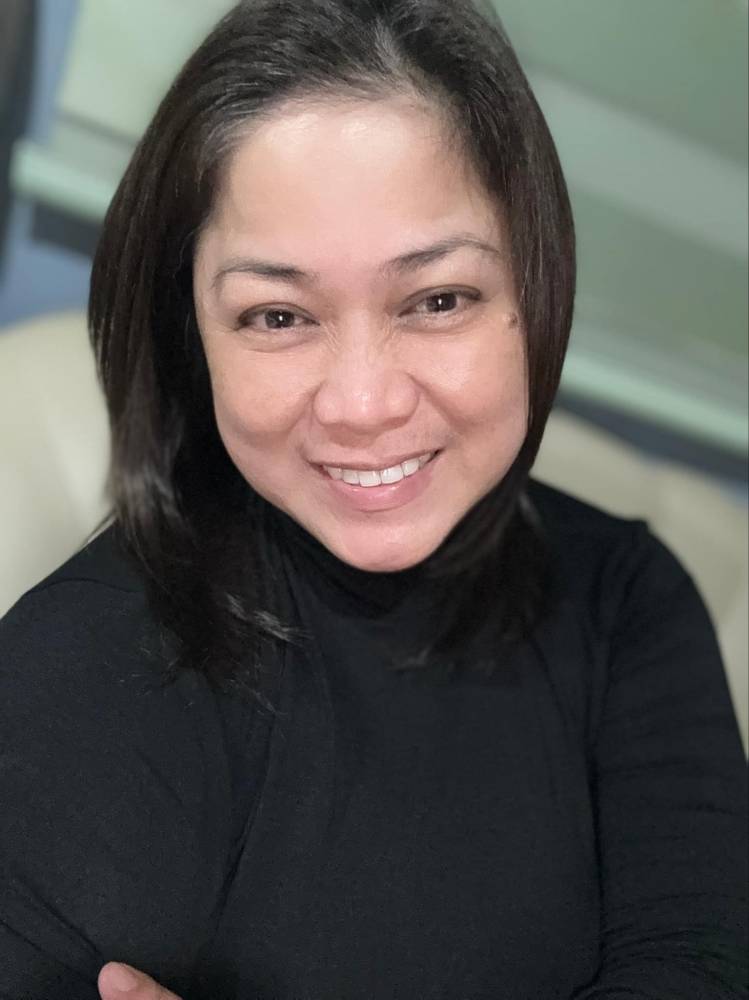
“Breadwinners are usually the receivers of problems and family qualms, making it difficult for them to express their own problems. This condition may lead them to experience burnout, which, if not attended to, will escalate to depression and physical health problems. Most often than not, breadwinners find themselves questioning their self-worth, which is greatly attached to the amount of help they provide their family,” said Abellanosa, who is also a faculty member of the University of San Carlos psychology department.
Stay healthy
In order to cope with the situation, Vice opted to seek professional help.
“I want to make therapy a regular thing because I want to help myself. I still have so many plans for my family, so many dreams for myself. I want to stay healthy, both physically and mentally,” the actor pointed out.
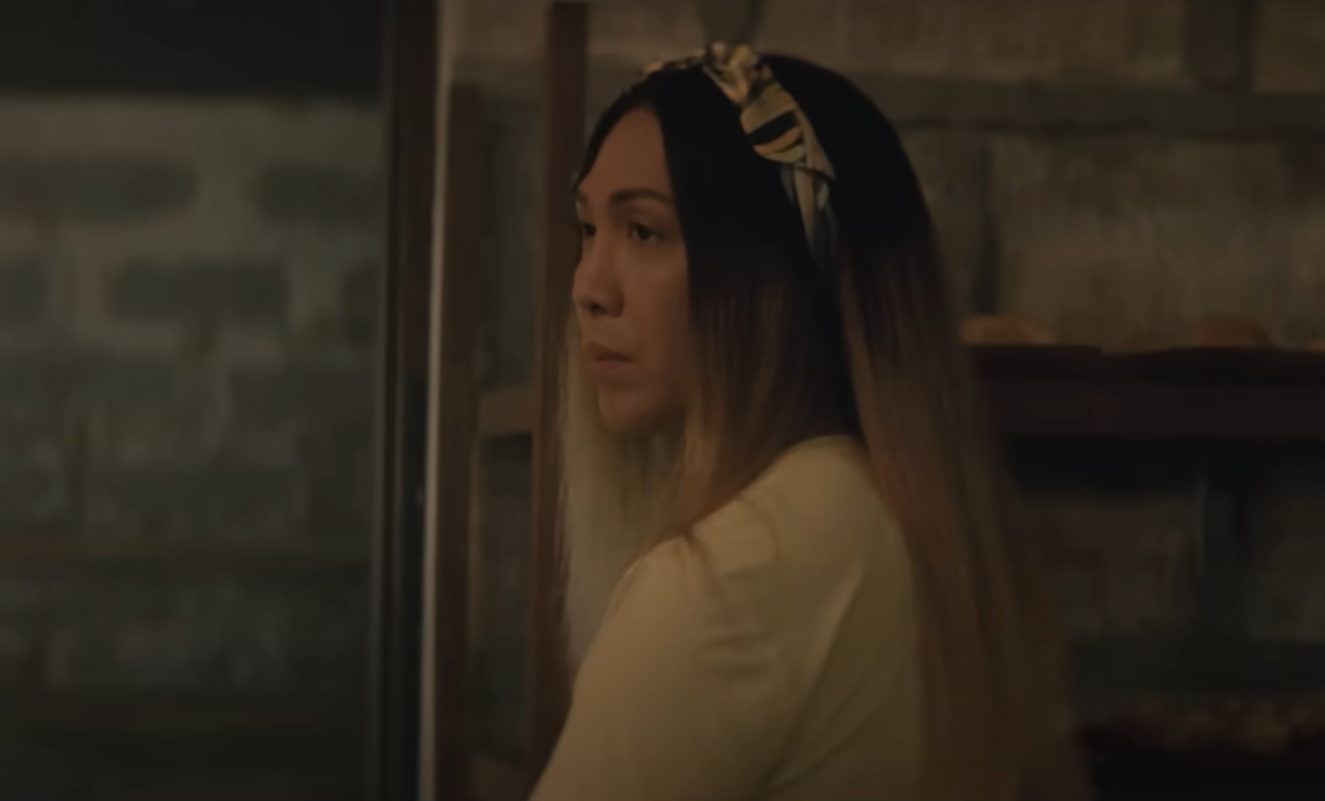
“I think undergoing therapy should be as normal as going to your dentist for oral health or to your dermatologist if you have skin problems. It’s my responsibility to take good care of myself because I have loved ones who depend on me,” she declared.
Creative writers Daisy Cayanan and Jumbo Albano said Bambi’s story is based on the lives of a number of breadwinners they have interviewed. “Their stories are heartbreaking, but at the same time inspiring,” said Albano. “We realized that while they are different people with different experiences, all of them say they persevere because of their great love for family,” added Cayanan.
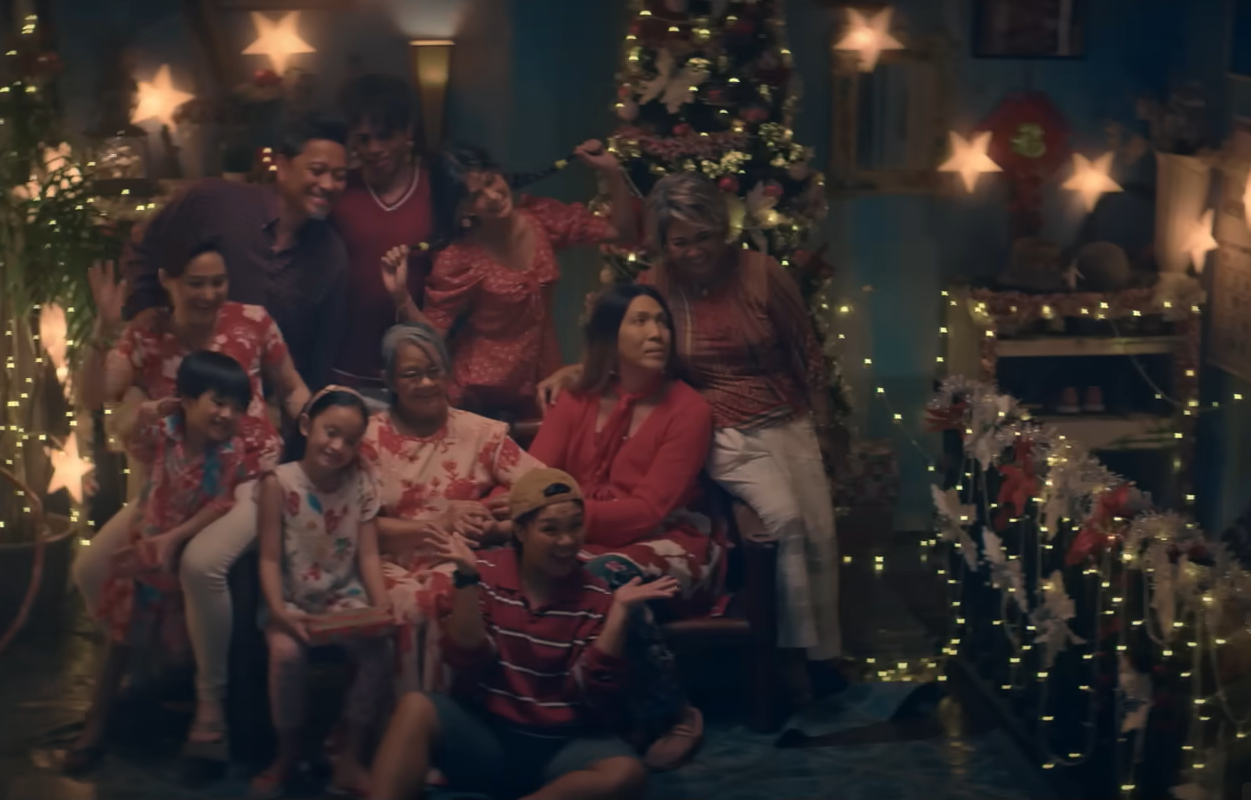
Abellanosa believes it is now time to publicly discuss the well-being of Filipino breadwinners. “They take on a very major role in the family. However, they may not be the most acknowledged and recognized among its members. More often than not, they are only ‘remembered’ when others need their help. One of the reasons for this is cultural—Filipino families, especially some parents, think it is the responsibility of their children to give back to the family so the children’s contribution is nothing out of ordinary,” she pointed out.
Undergoing therapy can offer significant benefits for Filipino breadwinners, Abellanosa added. This helps them manage the unique pressures and responsibilities they have.
“Therapy can provide emotional support, teach them skills for managing their stress, build their resilience, and give them a different perspective in viewing their responsibilities—which they sometimes find burdensome. Therapy will encourage them to maintain work-life balance and form healthy boundaries so it won’t lead to burnout and mental health problems,” she added.
Self-care
Abellanosa also emphasized that one doesn’t have to wait for the development of mental health issues before consulting a therapist. “It should be part of a healthy practice and attitude toward self-care,” said Abellanosa, who is also the founder of the Cebu-based Kauban Psychological Center.

According to Eugene Domingo, Vice’s costar in the movie, she used to question her role as the breadwinner of the family as well. “Admittedly, I used to feel burdened and I wanted to blame my family for everything. Like all breadwinners, it was really hard for me to say no. I would still find a way to help them, because I also felt happy to be of help. It made me feel complete,” she explained.
Vice claimed to have felt the same. “I feel blessed because my family never forced me to be the breadwinner. My mother worked until she could. I was the one who asked her to retire. I find happiness in the fact that I am able to share what I have,” she said. “Sadly, in the Philippines, there are more ‘burdened’ breadwinners as opposed to those who we call ‘privileged’ breadwinners.”
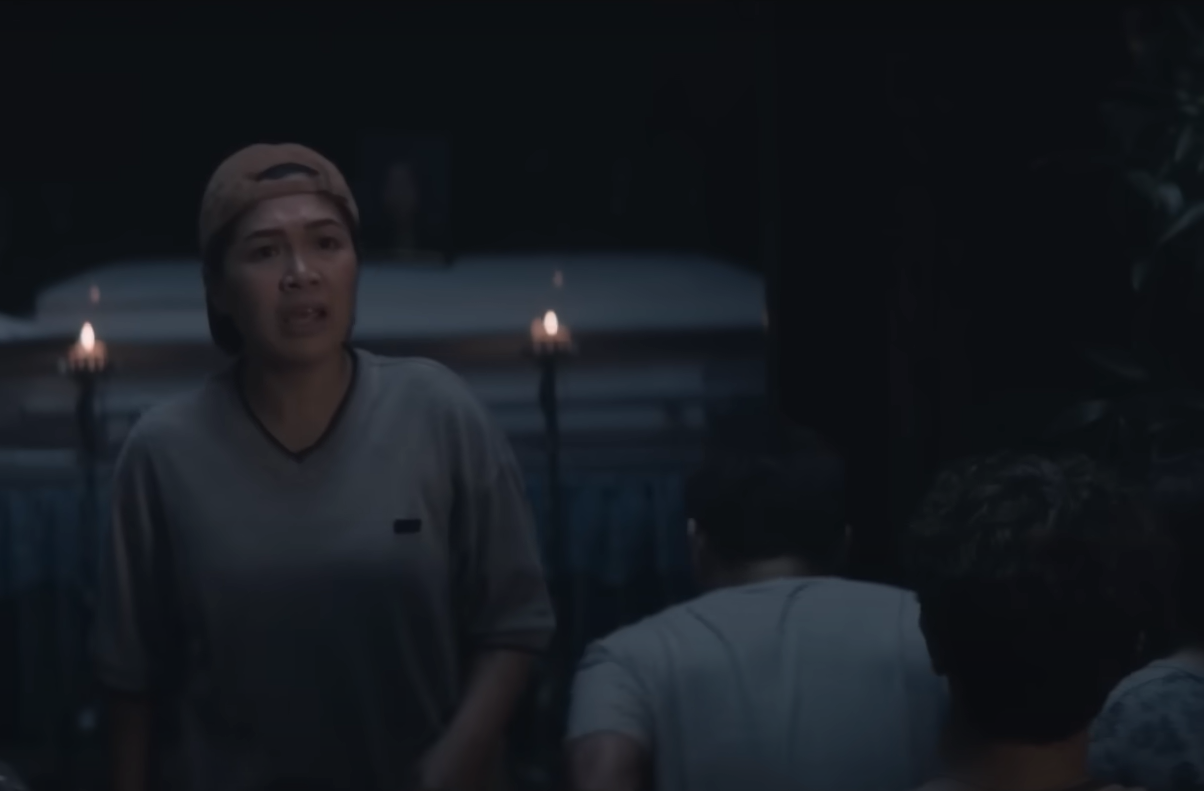
Via Antonio, also a cast member, said the issue of burnout has a lot to do with “utang na loob” or debt of gratitude. Antonio supported Abellanosa’s statement on establishing healthy boundaries early on. “We always associate everything we do with sacrificial love. For us Pinoys, the more we sacrifice for our family, the more we feel rewarded. We should set a day that’s just for us,” said Antonio, who also has a master’s degree in counseling.
Antonio said burnout manifests when we become resentful of our own family. “It’s important to recharge and then re-bond with them. This way, we will not run out of love to give,” she said.
“And the Breadwinner is…,” directed by Jun Robles Lana, is an entry to the 50th Metro Manila Film Festival, which will run from Christmas Day to Jan. 7, 2025













